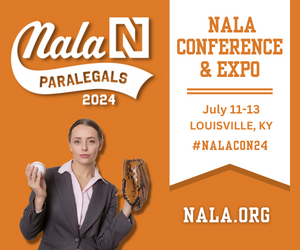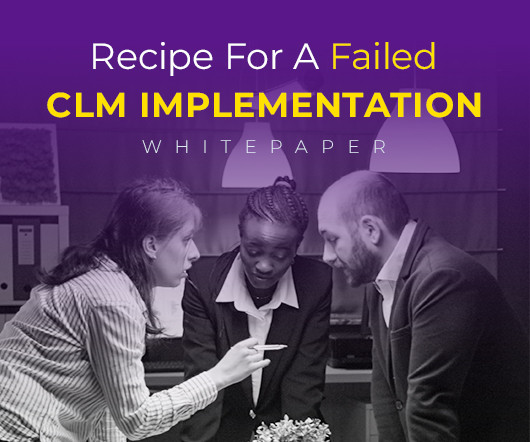What is a Broadcaster to Do When Approached by an Ad Agency Buying Time for an Undisclosed Political Candidate?
Broadcast Law Blog
MAY 24, 2012
Does a broadcast station need to book a political ad buy for an agency purporting to be representing a candidate, but refusing to reveal who that candidate is? We’ve recently received this question from a number of broadcast stations in a number of states, as agencies seemingly are jockeying to tie up valuable commercial time in advance of what is likely to be a hotly contested election in November.

























Let's personalize your content